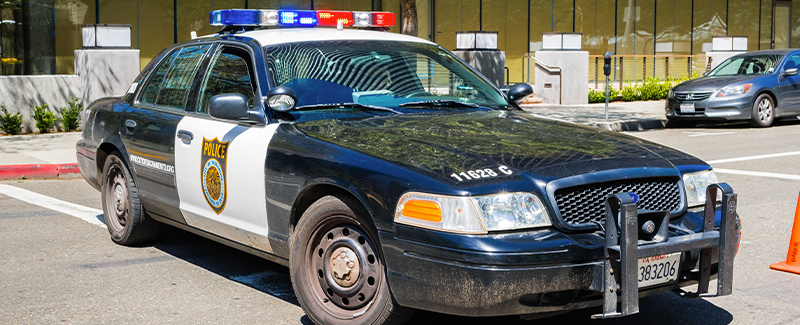The confusion regarding a police officer’s right to search your car has placed countless citizens in situations that could have otherwise been avoided. It’s important to understand both your rights and the officer’s rights in order to avoid unwanted searches. If the police decide to search your car, there must be probable cause. Probable cause, or evidence that may lead an officer to believe that you are involved in illegal activity, is more than just an officer’s gut feeling that you’re up to no good.
Before an officer searches your car, some facts or real observations are required. What exactly counts as probable cause? If contraband is in plain sight or plain smell, the police may have probable cause to search your car. Minor traffic violations such as a broken tail-light, expired registration, and speeding are NOT considered probable cause, but the officer may find a way to legally search your vehicle by tricking you into admitting to have broken the law. Police may ask questions like “Were you aware that you were speeding?” or “Do you know how fast you were going?” The best response to this type of question is always “No, officer.” Do not be afraid to assert your 5th Amendment right. If you admit to having broken a law, the officer is legally allowed to search your car. If you don’t know how to respond to an officer’s question, remain silent. If you are angry or upset with the officer, remain silent. Do not challenge the officer under any circumstances.
The 4th Amendment protects your right to refuse search requests. An officer may ask a question similar to “Mind if I take a look in your car?” to make avoiding consent difficult. Sure, refusing search requests might make you seem guilty, but if you give the officer consent, he/she can and will legally search your car. Responding with “Go ahead, I don’t mind” won’t lead the police to believe that you’re a law-abiding citizen with nothing to hide. Instead, this response will certainly result in a vehicle search.
If the officer continues to ask questions like “Are you hiding something?” in hopes of getting consent, politely decline with “I do not consent to searches.” Never question whether or not an officer has probable cause to search your vehicle, because you always have the right to refuse searches. If an officer finds something illegal while searching your car after you refused the search, your lawyer can file a motion to throw out the evidence in court. If you consent to the search, your lawyer cannot throw out the evidence in court.
Remember, you are allowed to refuse search requests! If you want to protect yourself, you must first understand these rights.











